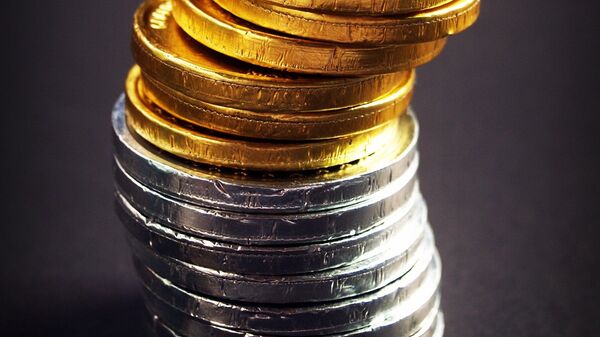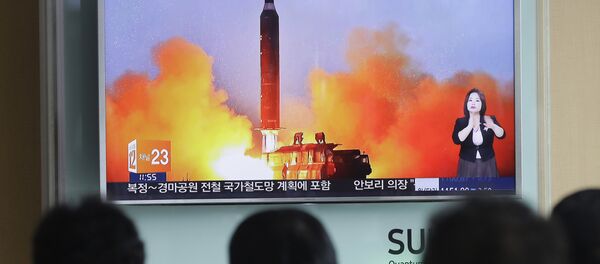As of now, the highest value South Korean coin is worth less than $0.50, according to FT. The central bank hopes to achieve its aim of getting rid of coins by encouraging consumers to exchange loose change for "T money" cards that can be used for metro and taxi fares, in addition to convenience stores.
South Korea has significantly weaned itself off a reliance on physical money, with just 20 percent of transactions in the high-tech nation using physical money, according to the Bank of Korea.
"When we make a 10 won coin, it costs more than 10 won," Lee Hyo-chan of the Credit Finance Institute in Seoul told the publication. Others are more optimistic about the benefits of the move. "If we abandon cash, we could see 1.2 percent extra economic growth a year. A cashless society can help us tackle low growth, low inflation and the low-interest environment," according to economic researcher Kim Seong-hoon.
Some countries, including the US, might also benefit from scaling back the use of coins. For example, US economist Robert Whaples argues that the US should eliminate the penny for the simple reason that value of the metal in a penny is greater than the single cent that it represents. The US government wastes $900 million per year making pennies, according to Whaples’ research.



